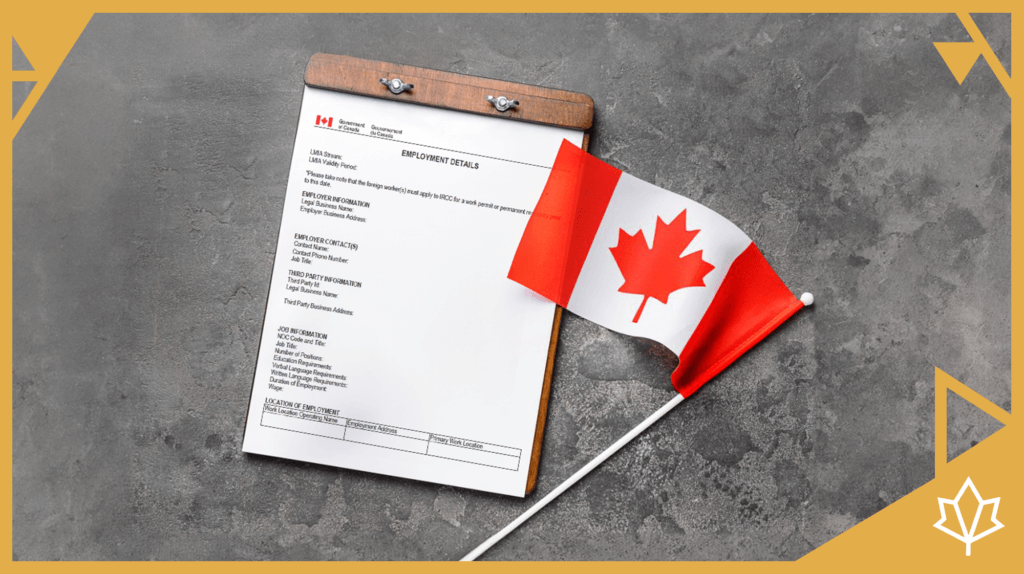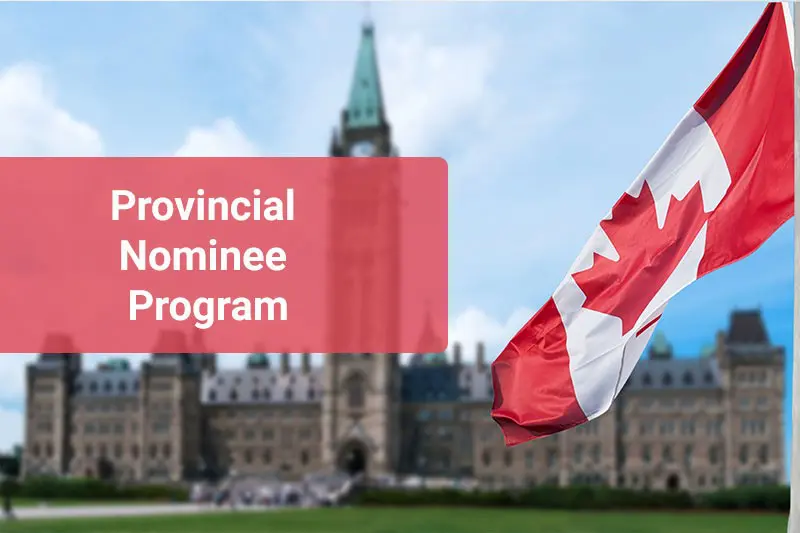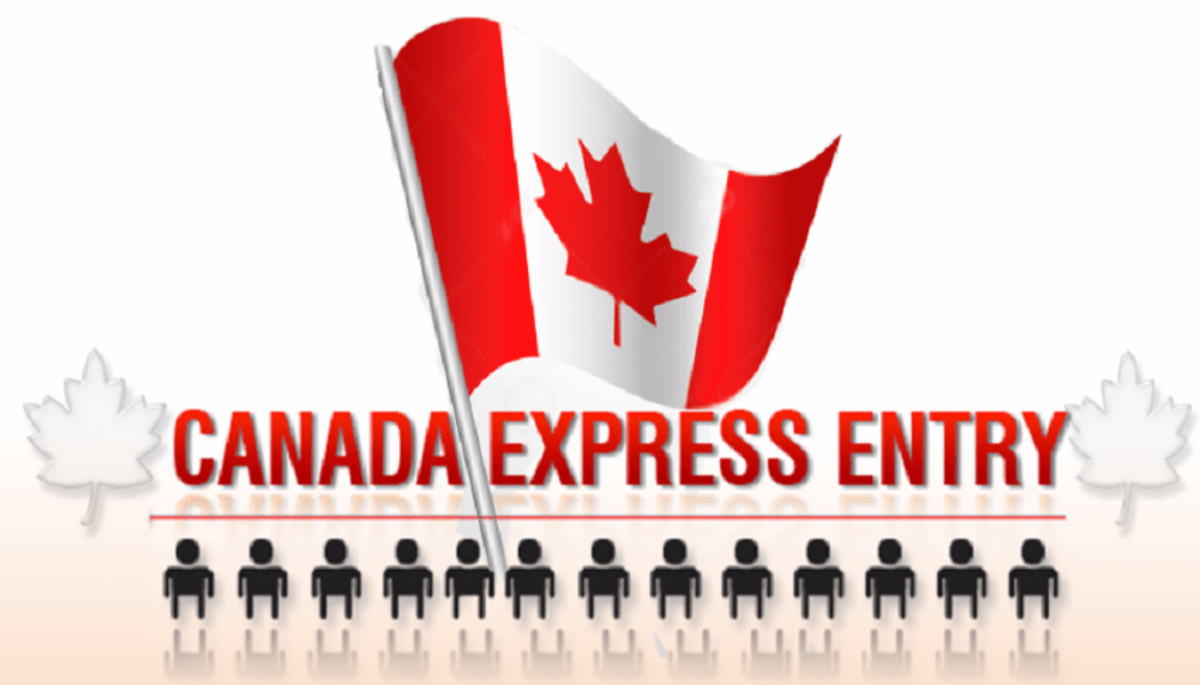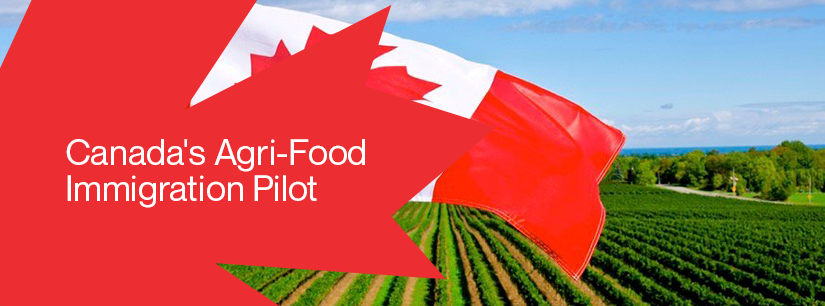In 2024, Canada introduced and adjusted several immigration pathways to attract diverse talent and address regional and economic priorities.
| Pathway Name | Applicable Group | Key Changes | Activation Date |
|---|---|---|---|
| British Columbia Entrepreneur Immigration Regional Pilot | Eligible new immigrants wishing to start a business and settle in BC | Pilot program converted to permanent program, now called “Entrepreneur Immigration (EI) Regional Stream” | June 21, 2024 |
| French-Speaking Minority Student Pilot Program (FMCSP) | French speakers from specific countries who graduate from designated learning institutions (DLI) | New program | August 26, 2024 |
| Welcoming Francophone Communities Initiative | French speakers wishing to settle in specific communities outside Quebec | Ten new communities added | Details to be announced |
| Alberta Law Enforcement Pathway | Individuals with a law enforcement job offer in Alberta | New pathway | June 25, 2024 |
| Quebec Skilled Worker Selection Program | Skilled workers wishing to settle in Quebec | Replaces the regular skilled worker program; paused until June 30, 2025 | ITAs will be issued starting June 30, 2025 |
| In-Canada Focus Category | Express Entry candidates with temporary resident status in Canada | New category | October 24, 2024 |
| Quebec Experience Class (PEQ) Graduate Program | International students who graduate from a Quebec DLI | French requirement added; paused until June 30, 2025 | October 31, 2024 |
| Federal Economic Priorities (Express Entry) | Express Entry candidates | Focus on healthcare, technology industries, and French-speaking candidates | Details to be announced |
| Rural Community Immigration Class | Willing and able to settle in designated rural communities outside of Quebec | New pathway | December 14, 2024 |
1. British Columbia’s Entrepreneur Immigration Regional Program Becomes Permanent
On June 21, 2024, British Columbia transitioned its Entrepreneur Immigration Regional Pilot Program to a permanent program, named the Entrepreneur Immigration Regional Stream (EI). The program is designed to support new immigrants who wish to start businesses in specific communities within the province, thereby promoting regional economic development.
Eligibility Requirements:
- Business Plan: Applicants must submit a business plan aligned with the priorities of the recommended community.
- Investment and Employment: A minimum investment of CAD 100,000 and the creation of at least one full-time job.
- Financial Requirements: A personal net worth of over CAD 300,000 and management experience.
- Language Proficiency: A minimum Canadian Language Benchmark (CLB) level of 4.
Applicants must visit the community where they plan to operate their business and obtain a community recommendation before registering and applying under the Entrepreneur Immigration (EI) stream. Eligible communities include:
- Cariboo Region:
- Mackenzie
- Quesnel
- Kootenay Region:
- Castlegar & Central Kootenay (Areas I & J)
- Columbia Valley & East Kootenay
- Kimberley Nelson & Central Kootenay (Areas E & F)
- Rossland Trail
- Nechako Region:
- Bulkley-Nechako
- Northeast Region:
- Fort St. John
- Thompson Okanagan Region:
- Clinton (Temporarily paused)
- Penticton
- Salmon Arm
- Vernon
- Vancouver Island/Coast Region:
- Campbell River
- Comox
- Mount Waddington
- Powell River
During the application process, applicants may obtain a work permit to establish their business in British Columbia.
2. Launch of the Francophone Minority Communities Student Pilot Program (FMCSP)
On August 26, 2024, Canada launched the Francophone Minority Communities Student Pilot Program (FMCSP) as a key initiative under the French-language Immigration Policy. This program is designed for international students from specific French-speaking countries and aims to attract and retain French-speaking talent by offering a direct pathway from temporary resident status to permanent residency.
Program Highlights:
- Target Group: International students from French-speaking countries who graduate from designated learning institutions (DLIs).
- Eligibility Requirements: Applicants must have French language skills, a National CLB level of 5 or higher, and demonstrate sufficient funds to cover tuition and living expenses.
- Support Services: Participants will receive settlement services, including language training and employment guidance, to help them integrate into Canadian society.
3. Expansion of the Welcoming Francophone Communities Initiative
To further promote the spread and development of French culture, the IRCC expanded the “Welcoming Francophone Communities Initiative” to 10 new communities in six provinces in August 2024, bringing the total coverage to 24 communities. This initiative provides more settlement options for new French-speaking immigrants and injects new vitality into the economic and social development of these regions.
Program Details:
- Funding Support: IRCC provides funding to participating communities to develop detailed settlement plans and offer language training and employment guidance.
- Community Activities: Various community events are organized to promote interactions between new immigrants and local residents, strengthening community cohesion.
4. Alberta’s Law Enforcement Immigration Pathway Introduced
On June 25, 2024, Alberta’s Advantage Immigration Program (AAIP) introduced a new immigration pathway for law enforcement professionals. This pathway is designed for applicants in law enforcement-related occupations who are employed by the Alberta Association of Chiefs of Police (AACP).
Eligibility Requirements:
- Occupation Categories: Includes appointed and non-appointed police officers, public protection service-related occupations, police investigators, and other specialized law enforcement occupations.
- Express Entry Linkage: Applicants must meet all Express Entry requirements and are limited to 50 invitations.
5. Major Reform of Quebec’s Skilled Worker Selection Program (PSTQ)
Quebec announced that its regular skilled worker program (PRTQ) would be replaced by the Skilled Worker Selection Program (PSTQ). The new program places greater emphasis on applicants’ French language proficiency and alignment with Quebec’s values.
PSTQ’s Four Pathways:
- High-Skilled and Professional Skills: For professionals with high French proficiency.
- Intermediate and Manual Skills: For mid-level skilled workers.
- Regulated Professions: Includes occupations requiring a license in Quebec.
- Exceptional Talent: Applicants with exceptional skills who make significant contributions to Quebec’s economy.
To be eligible for any PSTQ category, applicants must meet the specific criteria for that category, as well as general eligibility requirements:
- Be at least 18 years old.
- Intend to settle and work in Quebec.
- Be able to perform the job they apply for.
- Sign an economic self-sufficiency contract, proving they can support themselves and their accompanying family members for three months after arriving in Quebec.
- Obtain proof of knowledge of Quebec’s democratic values, with family members (18 and older) also required to meet this requirement.
- If holding a Quebec scholarship, applicants must comply with the relevant repayment conditions.
The Exceptional Talent category is the only category that does not require French proficiency. Employment restrictions apply, such as prohibiting work for companies you have legal or factual control over, or in industries like payday loans, adult entertainment, and pawnshops.
Note: PSTQ invitations will be suspended until June 30, 2025, with candidate invitations expected to resume after that date.
6. Introduction of In-Canada Priority Categories
As part of the 2025-2027 Immigration Levels Plan, the IRCC plans to allocate 40% of permanent resident spots to applicants already holding temporary resident status in Canada, with an estimated 82,980 spots in 2025.
Priority Categories:
- Primarily covering: Canadian Experience Class (CEC) and Regional Pathways, along with some applicants from the Federal Skilled Worker Program (FSWP) and Federal Skilled Trades Program (FSTP).
- Eligibility: Applicants must have valid temporary resident status at the time of the immigration draw and meet Express Entry criteria.
7. Major Adjustments to Quebec’s Experience Class Graduate Stream
Quebec made significant adjustments to its Experience Class Immigration Program (PEQ), particularly for graduates. Applicants are now required to have completed 75% of their courses in French, and the number of Quebec Selection Certificates (CSQs) issued for 2025 will be reduced from 14,500 to 4,500. The graduate stream is currently closed, with plans to reopen on June 30, 2025.
Key Changes:
- Language Requirement: A higher proportion of courses must be completed in French, emphasizing the importance of French language proficiency.
- Quota Limitation: A significant reduction in the number of CSQs issued, increasing the competitive threshold.
8. Federal Economic Priorities (Express Entry)
The IRCC has set a target of 41,700 permanent resident spots in the 2025-2027 Immigration Levels Plan, prioritizing applicants in healthcare, skilled trades, and those with French language skills. These economic priority categories will be selected through category-based draws to attract high-quality talent to meet Canada’s economic development needs.
Priority Areas:
- Healthcare Professions: Including doctors, nurses, and other key healthcare positions.
- Skilled Trades: Including electricians, plumbers, and other trades-related professions.
- French Language Proficiency: Applicants with French language proficiency will receive additional consideration.
9. Rural Community Immigration Class
To further support the development of remote rural areas, the Canadian government announced the implementation details of the “Rural Community Immigration Class” (RCIC) on December 14 in its Official Gazette. The RCIC specifically targets foreign nationals who are willing and able to settle in designated rural communities outside of Quebec. Applicants must hold valid temporary resident status at the time of application and maintain it until they receive permanent resident status. Additionally, applicants must possess a valid certificate of recommendation from a designated economic development organization, which must remain valid until permanent resident status is granted.
Conclusion
The adjustments to Canada’s immigration policies in 2024 highlight the country’s strong demand for diverse talent in a globalized context and its strategic positioning. By introducing multiple new immigration pathways, strengthening the French-speaking community, and optimizing regional economic structures, Canada is providing more diverse options for global immigrants while laying a solid foundation for its own economic and social development. These policies are expected to significantly reshape Canada’s immigration landscape in the coming years, leading the country toward a more inclusive and prosperous future.









